Entertainment
Fun ways to pass the time, including TV reviews, ideas for days out, and interviews with top celebrities.
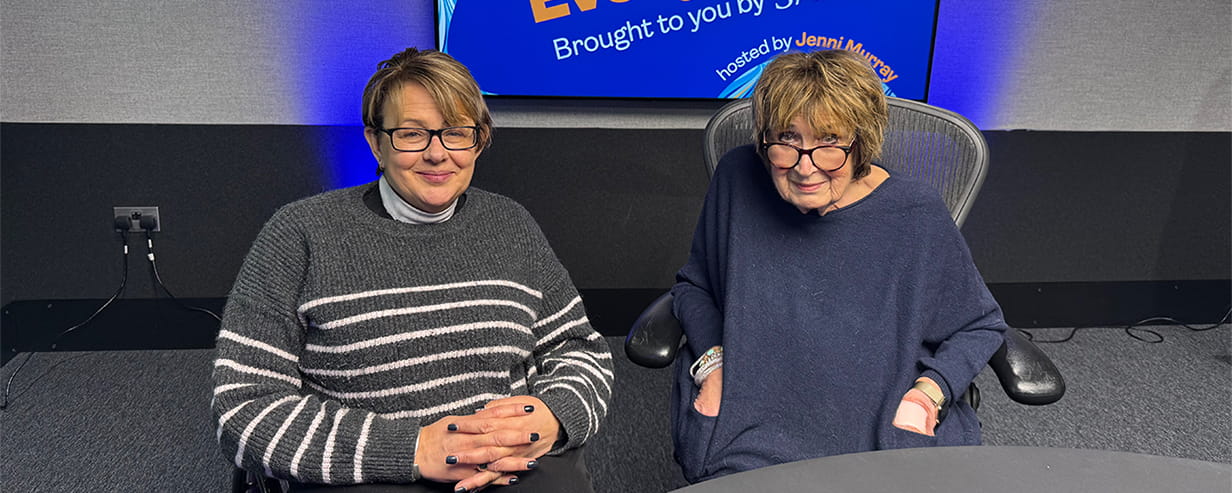
Tanni Grey-Thompson on the Saga podcast
The 11-time Paralympian gold medallist opens up on Saga's new podcast Experience is Everything.

The Saga Magazine February pub quiz - From sweets, to fruit, to custard
Put your general knowledge to the test with our 20 brain-teasers.
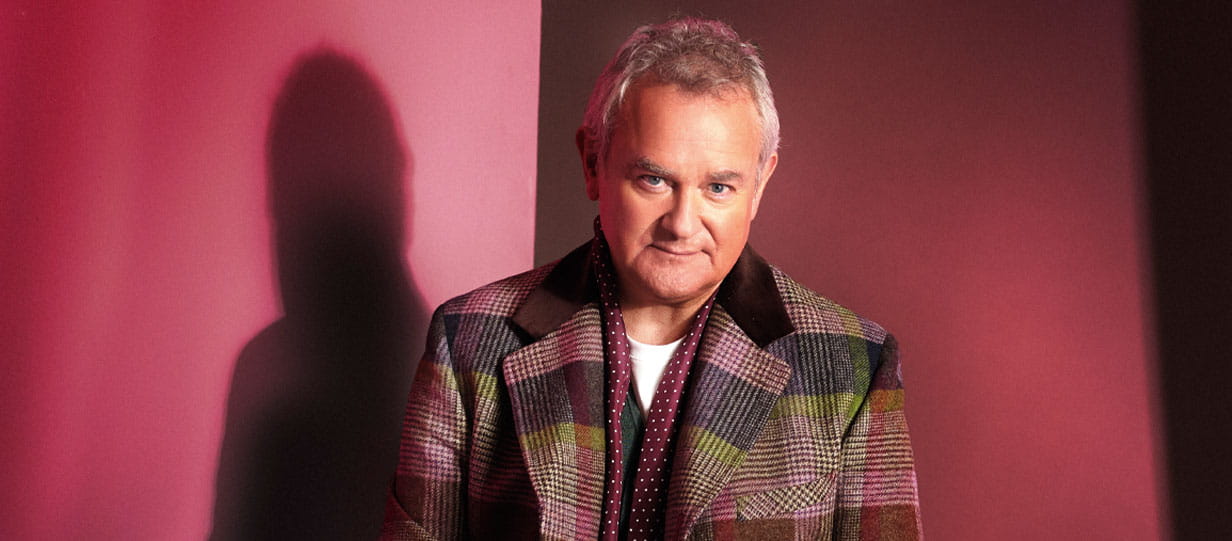
Hugh Bonneville on starting a new chapter
The actor bids farewell to Downton and looks forward to his starring role in a new West End show.
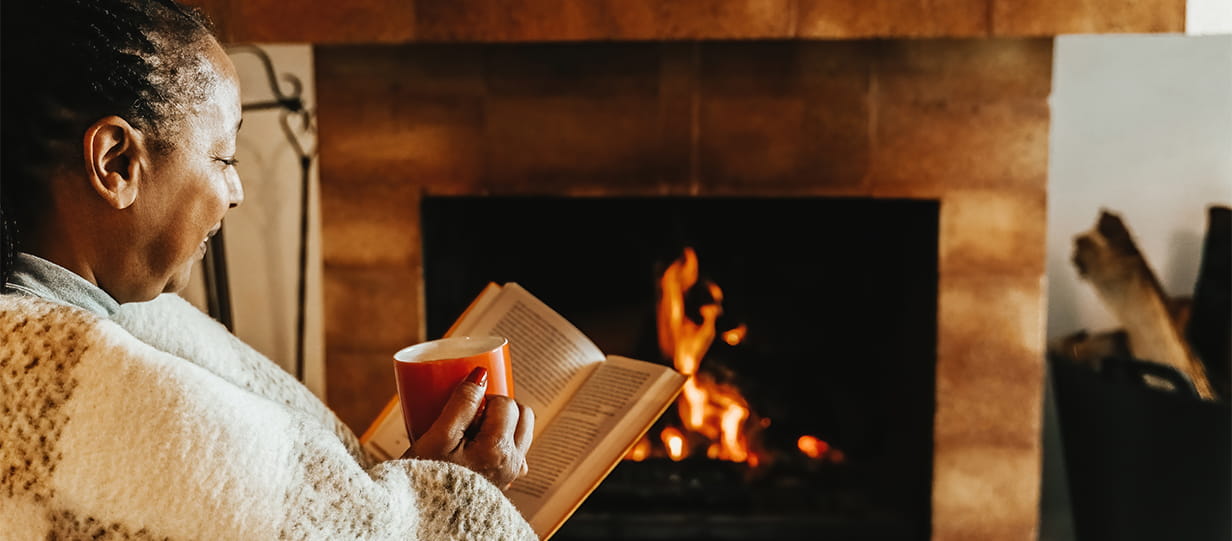
What to read in February
Writing duos dominate this month’s novels, with fiendish plots and devilish humour.
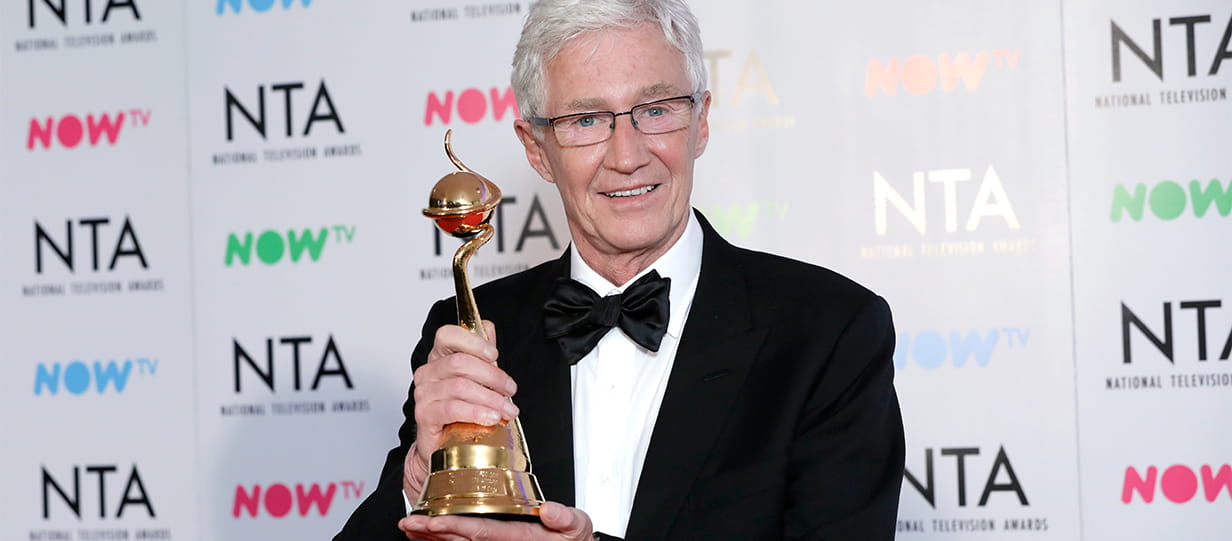
“There will never be another Paul O’Grady”
Nearly three years since the comedian's shock death, his best friend shares his memories of their time together.
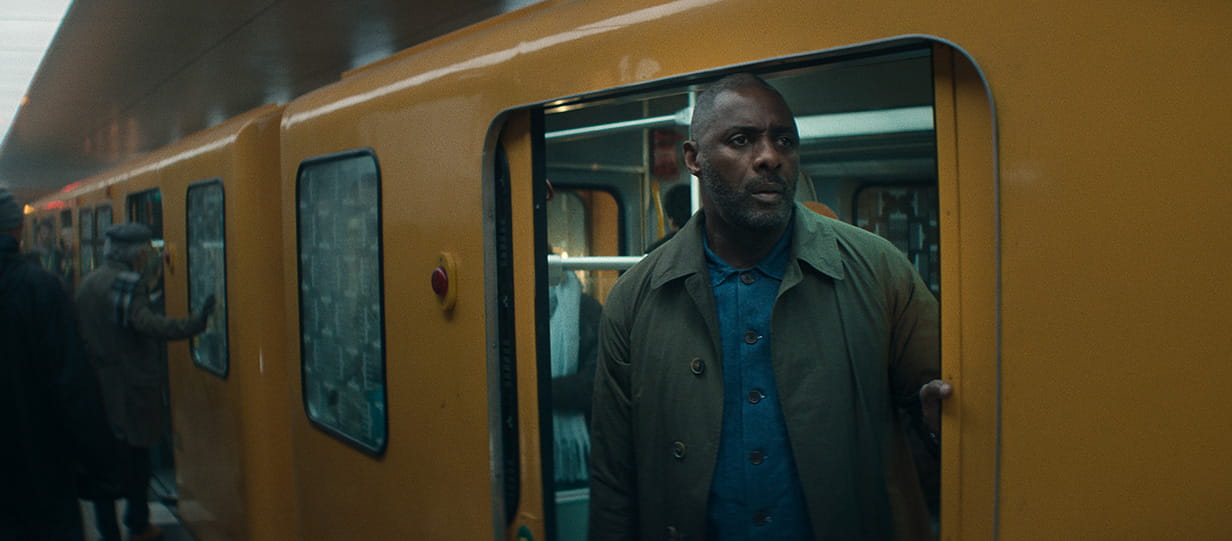
The best new TV dramas to start the year
Our pick of 6 top new dramas coming to our screens in January, plus earlier ones to catch up on that you might have missed.
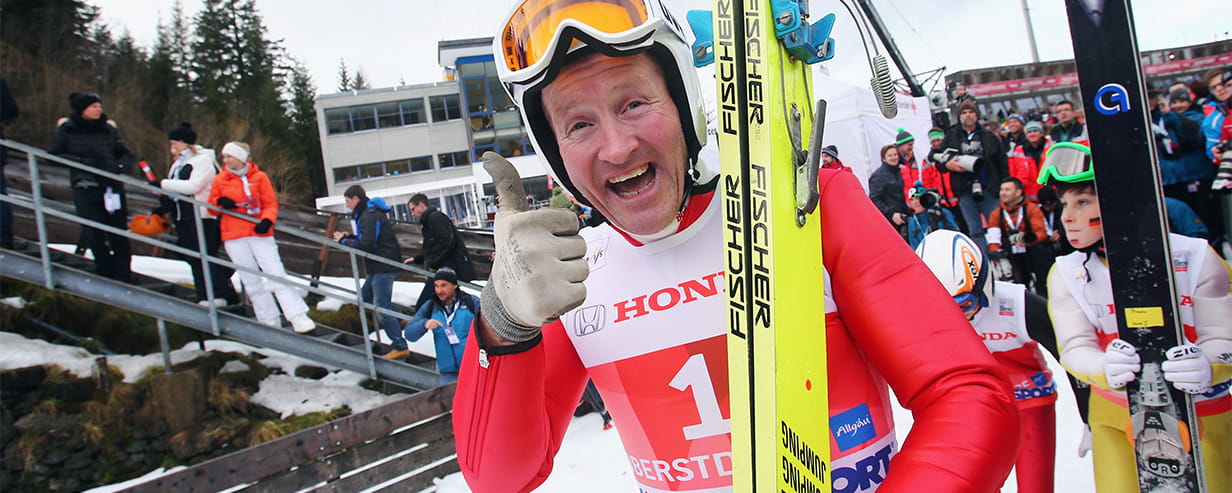
Eddie the Eagle: “I went from earning £6,000 a year to £20,000 an hour”
The legendary Olympic ski jumper talks about his life and finances since becoming a household name.
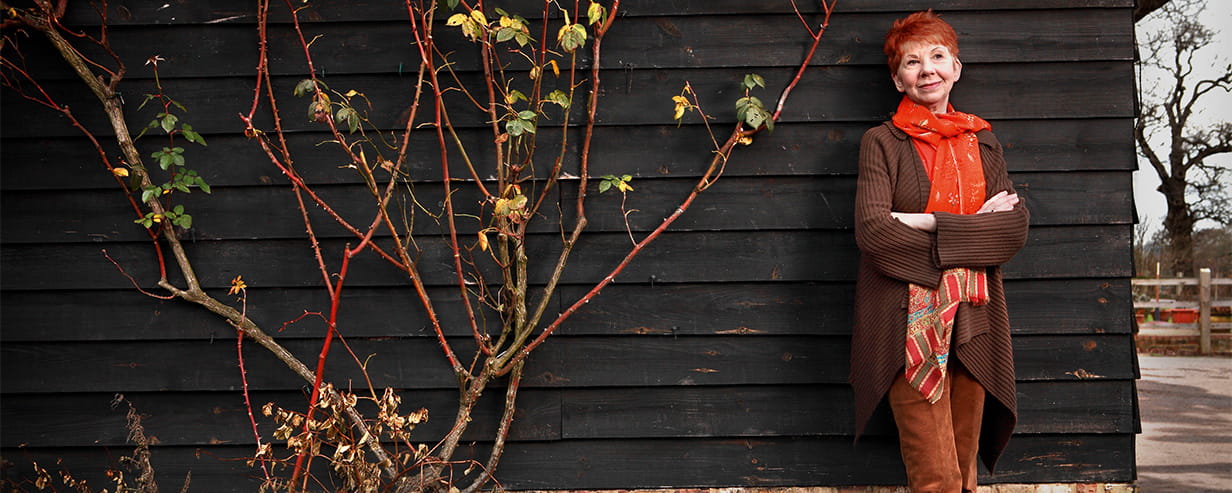
The Archers at 75
As the BBC radio soap marks three-quarters of a century on air, long-serving cast member Carole Boyd – better known as Lynda Snell – reveals the secrets of the show’s success.
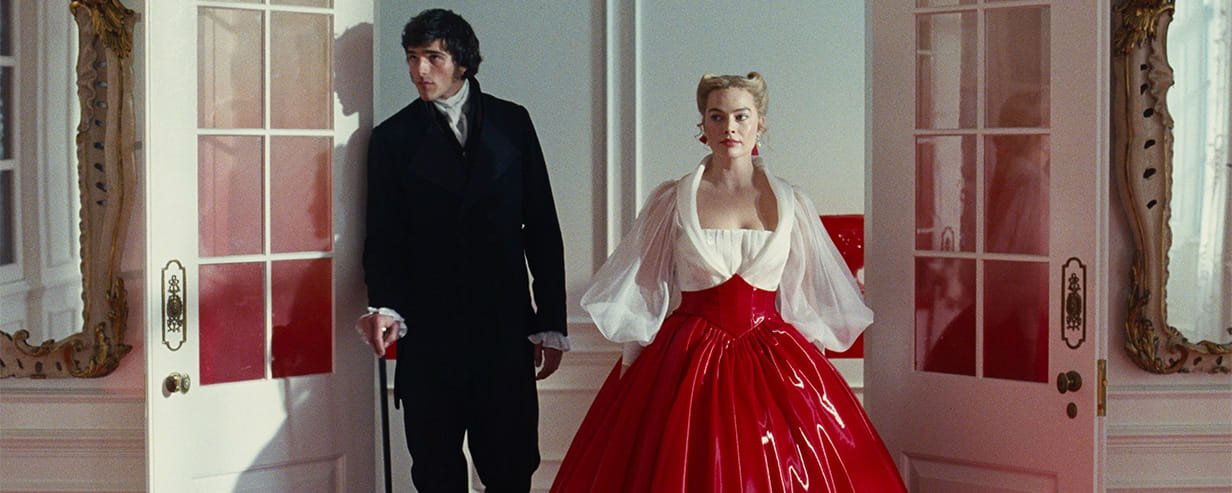
Wuthering Heights the film
The new film version of the classic Emily Brontë novel is a gleeful modern tribute.

Tanni Grey-Thompson on the Saga podcast
The 11-time Paralympian gold medallist opens up on Saga's new podcast Experience is Everything.
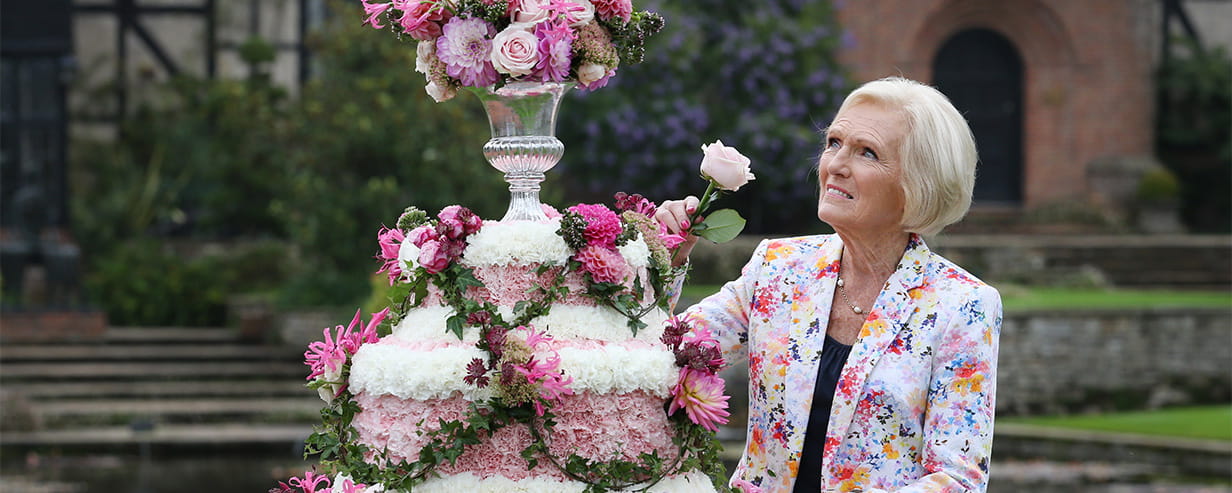
Review: My Gardening Life by Mary Berry
The national treasure’s love of green spaces shines through in her new gardening book.
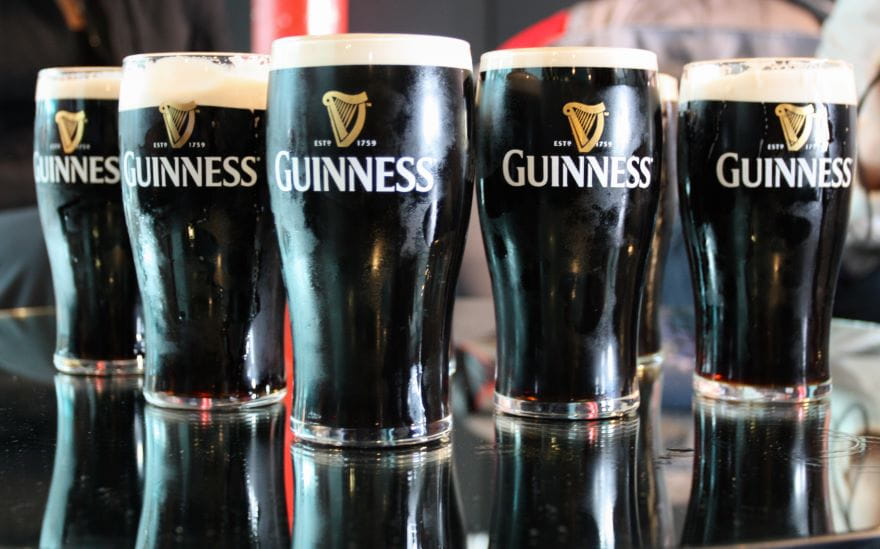
9 fascinating facts about Guinness
Ahead of a new TV drama about the early years of Guinness, we've got some surprising facts about the world's favourite Irish beer.

This year’s best cookbooks
Our choice of the 6 best cookbooks to buy for Christmas, filled with delicious inspiration.
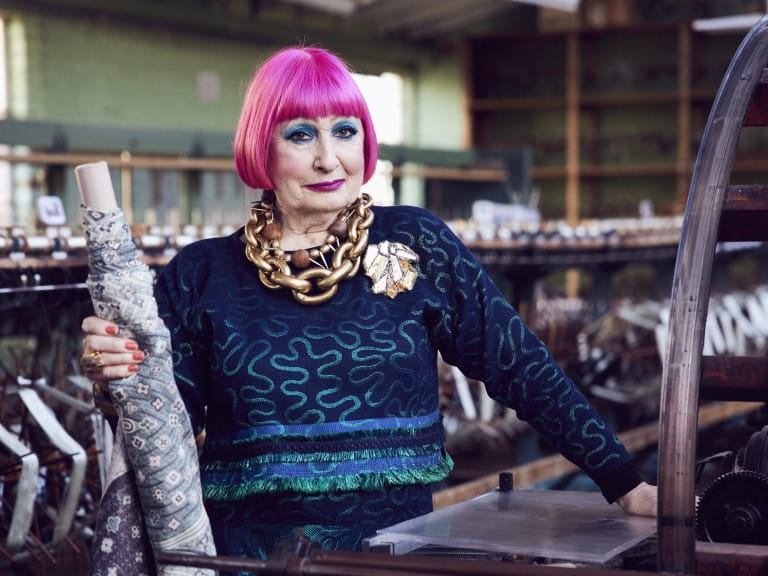
Dame Zandra Rhodes: "A yoga class saved my life"
The iconic designer also reveals the secret detail in Princess Diana's dresses.

For a limited time, enjoy 3 issues of Saga Magazine for just £1. Receive the next 3 print editions delivered direct to your door, plus 3 months’ unlimited access to the Saga Magazine app—perfect for reading on the go.
Don’t miss your chance to experience award-winning content at an exceptional price.
Play our free daily puzzles
Beat the boredom and exercise your mind with our selection of free puzzles.



